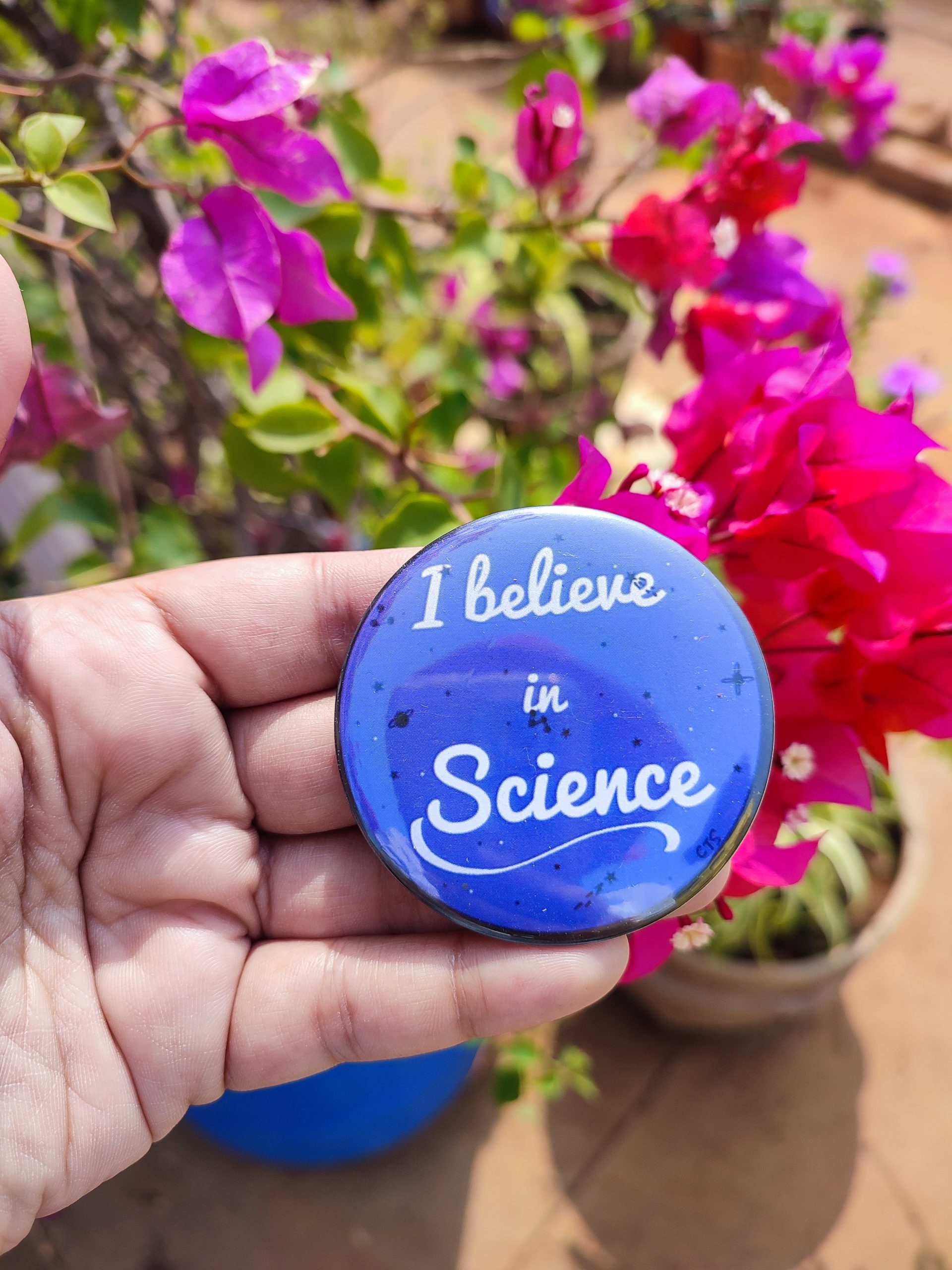- Over a Cup of Coffee
- Posts
- Can light evaporate water? Science says yes!
Can light evaporate water? Science says yes!
We have always been taught that heat evaporates water. But photons can do the same.

For a decade, researchers at the Massachusetts Institute of Technology (MIT) have been pondering over a phenomenon that could require rewriting physics textbooks.
Their experiments showed that contrary to what scientists had previously told us, light could also evaporate water. They called it the photomolecular effect.
The finding has immense applications ranging from better desalination plants to better models on climate change.
What is the Photomolecular Effect?
In 2014, Gang Chen, a professor of Mechanical Engineering at MIT, observed that some black materials could absorb sunlight and evaporate water. Chen was interested in developing a desalination plant that could use sunlight to evaporate water.
In 2018, another group of researchers at UT Austin found that when hydrogels were mixed with black absorbers, the evaporation rate was much more than heat alone could produce.
Chen then proposed a hypothesis that photons could be involved in this and called it the photomolecular effect.
Inspired by Einstein and Hertz
Gang’s hypothesis was inspired by the photoelectric effect, hypothesized by none other than Albert Einstein himself. According to Einstein, on a metal surface, light can knock out electrons from their orbit.
The phenomenon was first observed by Hertz, but the hypothesis came from someone else.
Similarly, Chen says that light that comes in contact with the water's surface knocks out clusters of water molecules. The physical mechanism for this effect was published in a recent PNAS paper.
How does it help?
This research will also help us better understand clouds, the most uncertain part of climate models. Researchers have often found that solar radiation absorbed by clouds is far greater than what has been theoretically predicted.
Now that we know the additional interactions between light and clouds, this can help us increase the accuracy of our climate models.
Chen’s team is working on improving desalination machines and developing better drying technology.
Read the complete interview with Professor Chen on our site.
Thank you for reading this edition of the newsletter. We have a small favor to ask.
Over a Cup of Coffee is a free newsletter. To support our work, please consider purchasing geeky science merchandise from our shop.
Thank you for reading.
Until next time,
Ameya


Reply